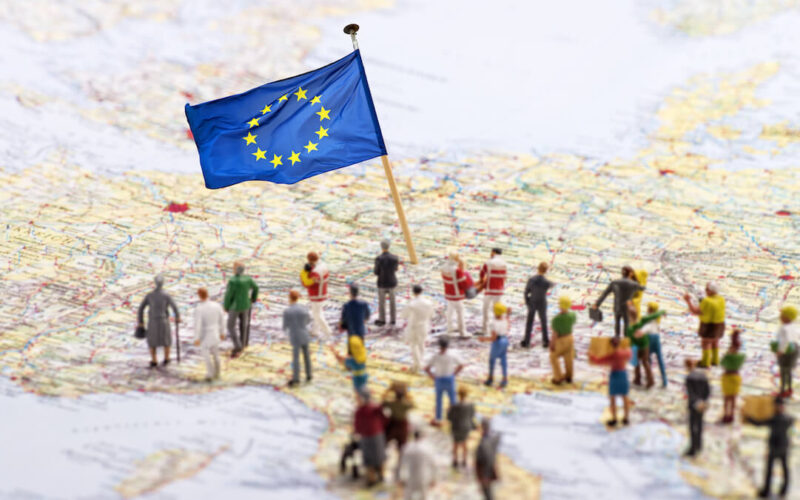The European Union is simplifying its COVID-19 travel restrictions as it adopts an individual, rather than region-based approach.
From February 1, 2022, travelers who have a valid EU digital COVID certificate are no longer subject to additional restrictions to free movement.
Under the new rule, COVID-19 measures are applied taking into account the status of the person instead of the situation at regional level, with the exception of areas where the virus is circulating at extremely high levels.
The determining factor of whether a traveler can enter or travel into and within Europe are the traveler’s COVID-19 vaccination, test or recovery status, backed by a valid EU digital COVID certificate.
The following are included in a valid EU COVID-19 certificate:
-
A vaccination certificate for a vaccine approved at European level if at least 14 days and no more than 270 days have passed since the last dose of the primary vaccination; or if the person has received a booster dose. Member states could also accept vaccination certificates for vaccines approved by national authorities or the WHO.
-
A negative PCR test result obtained no more than 72 hours before travel or a negative rapid antigen test obtained no more than 24 hours before travel.
-
A certificate of recovery indicating that no more than 180 days have passed since the date of the first positive test result.
Travelers who are not in possession of an EU digital COVID certificate could be required to undergo a test prior to or no later than 24 hours after arrival.
The new system also has a so-called ‘emergency brake’ wherein the EU council will review and reconsider the regulation in place should another variant of the COVID-19 emerge.

